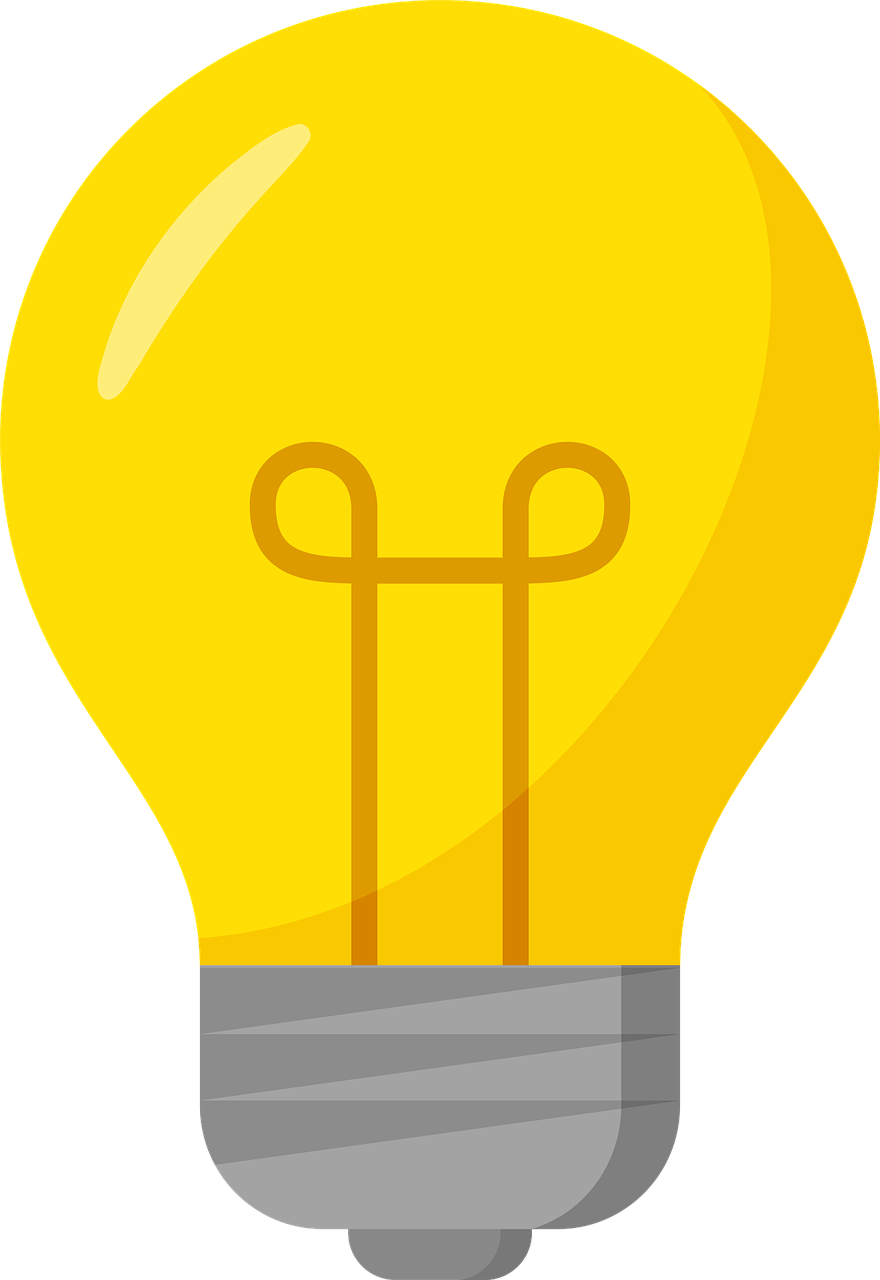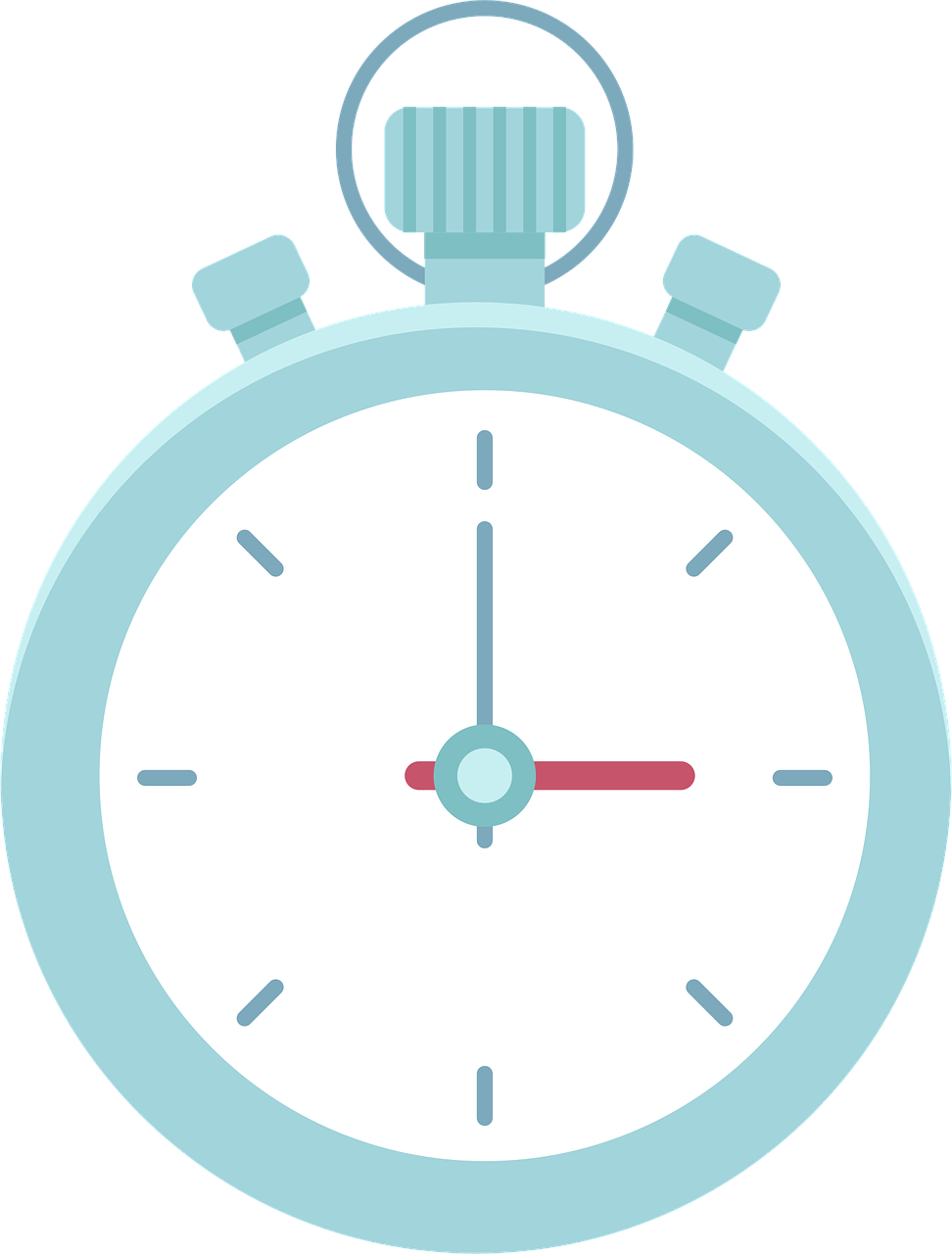Professional Development That Fits Your Schedule. Not Ours.
Three flexible frameworks designed to build capacity, save time, and solve immediate problems—whether you have a full day or just 15 minutes.
↓
Flexible Format:
All workshops can be delivered virtually and can be customized to fit your schedule. We also specialize in train-the-administrator where leaders get specialized knowledge and resources to deliver to your teams.

Empowered Admin Sessions
You Lead, We Equip. Build internal capacity by letting your leadership team own the stage. We train your administrators on a specific curriculum (AI, Differentiation, Executive Function, etc) and hand over the complete slide deck, scripts, and facilitator guides. You deliver the PD on your timeline, with zero ongoing costs.

The Faculty Meeting Sprint
High-Impact Micro-Learning. Stop wasting morning meetings on announcements. We provide condensed, 15-minute "learning bursts" designed specifically for short faculty meetings. Includes "grab-and-go" handouts and rapid implementation guides that respect your teachers' time constraints.

The Specialist Workshop
Expert-Led Deep Dives. Bring a Pedagotree specialist directly to your team (Virtual or On-Site). From 60-minute keynotes to half-day immersives, we facilitate the difficult conversations and complex training so you don’t have to. Perfect for In-Service days and Kick-off weeks.
Why One-Size-Fits-All PD Doesn't Work At Pedagotree, we know that a charter school network has different scheduling constraints than an independent prep school. That’s why we decoupled our content from our delivery. We offer flexible professional development frameworks that allow you to access world-class pedagogy in the format that matches your calendar and budget.
Building Internal Capacity (The "Train-the-Trainer" Model) For schools focused on sustainable teacher training, relying on outside speakers for every session is costly and inefficient. Our Train-the-Trainer model empowers your Dean of Faculty, Department Heads, or Instructional Coaches to become the experts.
-
What you get: We provide the "source code" for the workshop—the master slide deck, the speaker notes, the activity guides, and a prep session with our team.
-
The Benefit: You gain a permanent asset you can use for new teacher onboarding year after year without paying repeat fees.
Just-in-Time Support (The "Micro-Learning" Model) Modern teachers are overwhelmed. They don't always have the bandwidth for a half-day seminar. Our Micro-PD for faculty meetings is designed to inject high-leverage strategies into the tightest schedules. Whether it's a 20-minute primer on AI ethics or a 40-minute session on behavior intervention, these modules turn administrative time into instructional growth.
Immersive Expertise (The "Full Service" Model) Sometimes, you need an outside voice to drive the message home. Our expert-led workshops bring energy, authority, and fresh perspectives to your campus. Available as virtual professional development webinars to save on travel costs, or as on-site interactive sessions, this is our premier offering for schools looking to make a significant cultural shift in a short amount of time.
Ready to Transform Your Faculty Development?
Schedule a quick 15-minute discovery call to discuss your school's specific needs and explore which workshop format works best for your team.
Schedule Your Discovery Call
